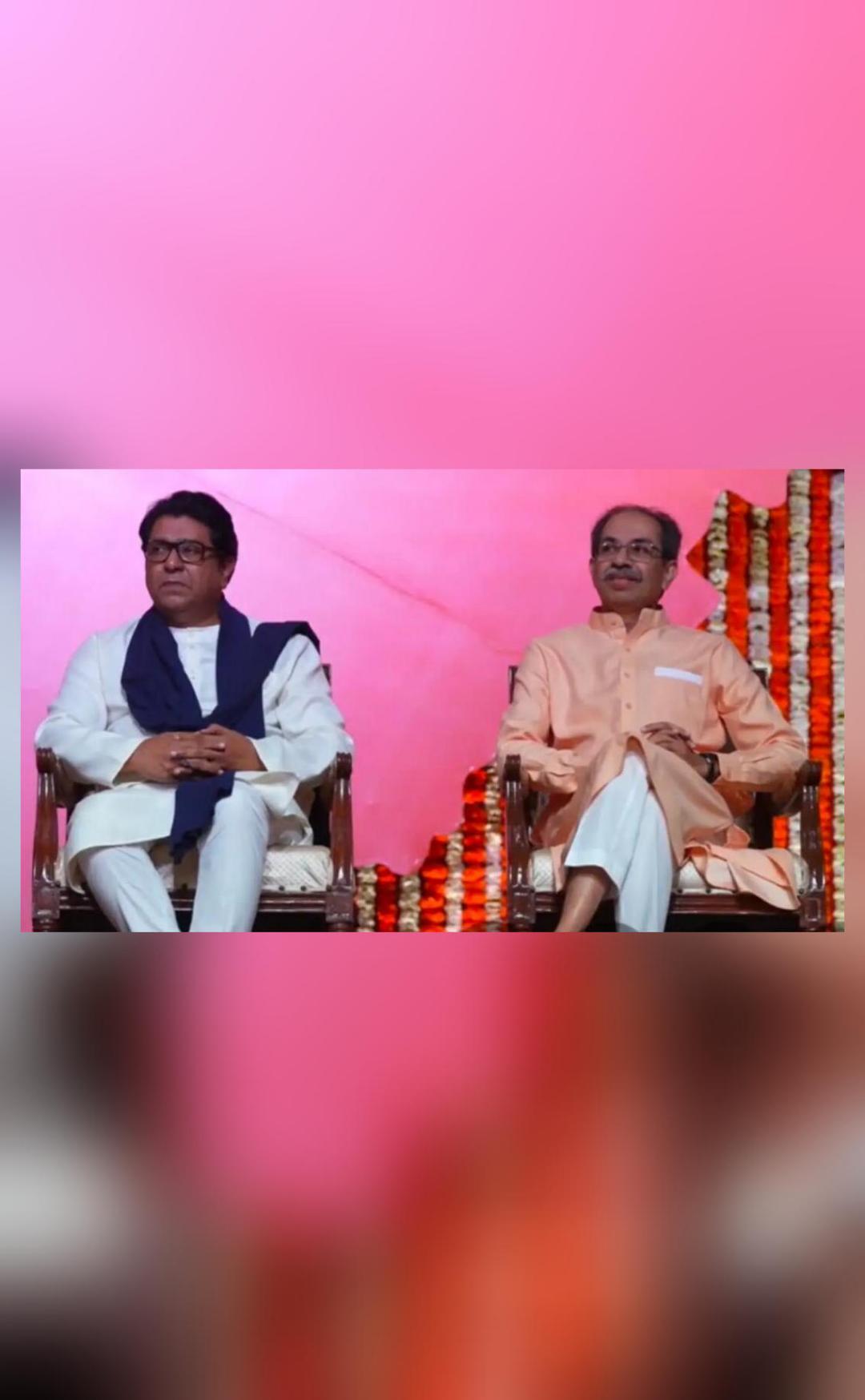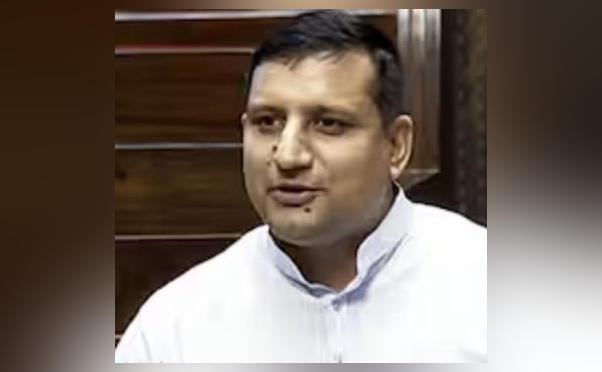
Neither Hindi nor Marathi, Uddhav & Raj just love family: BJP
In a surprising turn of events, Shiv Sena (UBT) chief Uddhav Thackeray and MNS president Raj Thackeray recently came together for a joint rally to celebrate the Maharashtra government’s decision to rollback the three-language policy. The event was seen as a significant development in the state’s political landscape, with many analysts speculating about the possible motives behind this unprecedented collaboration. However, BJP leader Gaurav Vallabh has now reacted to the rally, stating that the two leaders came together only due to “political compulsion” and not due to any genuine love for the languages spoken in the state.
In a scathing attack on the two leaders, Vallabh said, “Stop hiding behind Hindi and Marathi. You neither love Marathi nor Hindi, you just love your family.” This statement has sparked a heated debate, with many questioning the BJP leader’s motives behind such a strong critique. Was Vallabh trying to divert attention from the real issues or was he genuinely upset about the apparent lack of linguistic patriotism displayed by the two leaders?
To understand the context behind Vallabh’s statement, it’s essential to revisit the history of the three-language policy in Maharashtra. Introduced by the Maharashtra government in 2019, the policy aimed to make English, Marathi, and Hindi compulsory subjects in schools. The move was met with widespread criticism, with many arguing that it would lead to the erosion of the state’s cultural identity and the dominance of Hindi over other languages.
The policy was eventually scrapped in 2022, following intense protests and a campaign led by various linguistic and cultural organizations. The decision was seen as a major victory for the state’s linguistic and cultural activists, who had been fighting against the imposition of Hindi in the education system.
Against this backdrop, the joint rally by Uddhav and Raj Thackeray can be seen as an attempt to capitalize on the popularity of the anti- Hindi sentiment in the state. By joining hands, the two leaders may have been trying to send a message to their respective supporters that they are committed to protecting the state’s cultural identity and preserving the dominance of Marathi.
However, Vallabh’s statement suggests that the two leaders are not genuinely committed to the cause they are championing. Instead, they are using the anti-Hindi sentiment as a way to further their own political interests. This criticism may be seen as a reflection of the BJP’s own stance on the three-language policy, which was widely criticized for its perceived pro-Hindi bias.
The BJP has long been accused of promoting Hindi as a national language and imposing it on other states. The party’s own policies, such as the introduction of Hindi as a compulsory subject in schools, have been seen as an attempt to erode the linguistic diversity of the country.
In this context, Vallabh’s statement can be seen as a defensive move by the BJP to deflect attention from its own perceived biases towards Hindi. By criticizing Uddhav and Raj Thackeray for their alleged lack of linguistic patriotism, the BJP leader may be trying to create a narrative that the party is the true champion of Maharashtra’s cultural identity.
However, this narrative may not be entirely convincing. Many have pointed out that the BJP’s own record on promoting Hindi and imposing it on other states is far from spotless. The party’s stance on the three-language policy in Maharashtra was widely criticized for its perceived bias towards Hindi, and its attempts to impose Hindi on other states have been met with resistance.
In conclusion, Vallabh’s statement may be seen as a reflection of the BJP’s own biases towards Hindi and its attempts to promote it as a national language. The party’s criticism of Uddhav and Raj Thackeray for their alleged lack of linguistic patriotism may be seen as a defensive move to deflect attention from its own record on promoting Hindi.
Ultimately, the controversy surrounding the three-language policy in Maharashtra highlights the complex and often contentious issues surrounding language and culture in India. As the country continues to navigate the complexities of linguistic diversity and cultural identity, it is essential to engage in honest and nuanced debates about the role of language in shaping our national identity.





